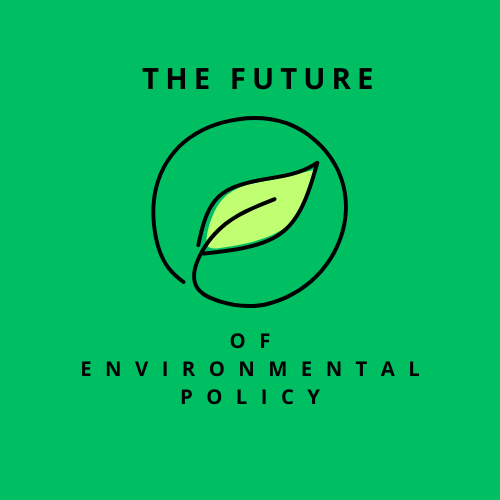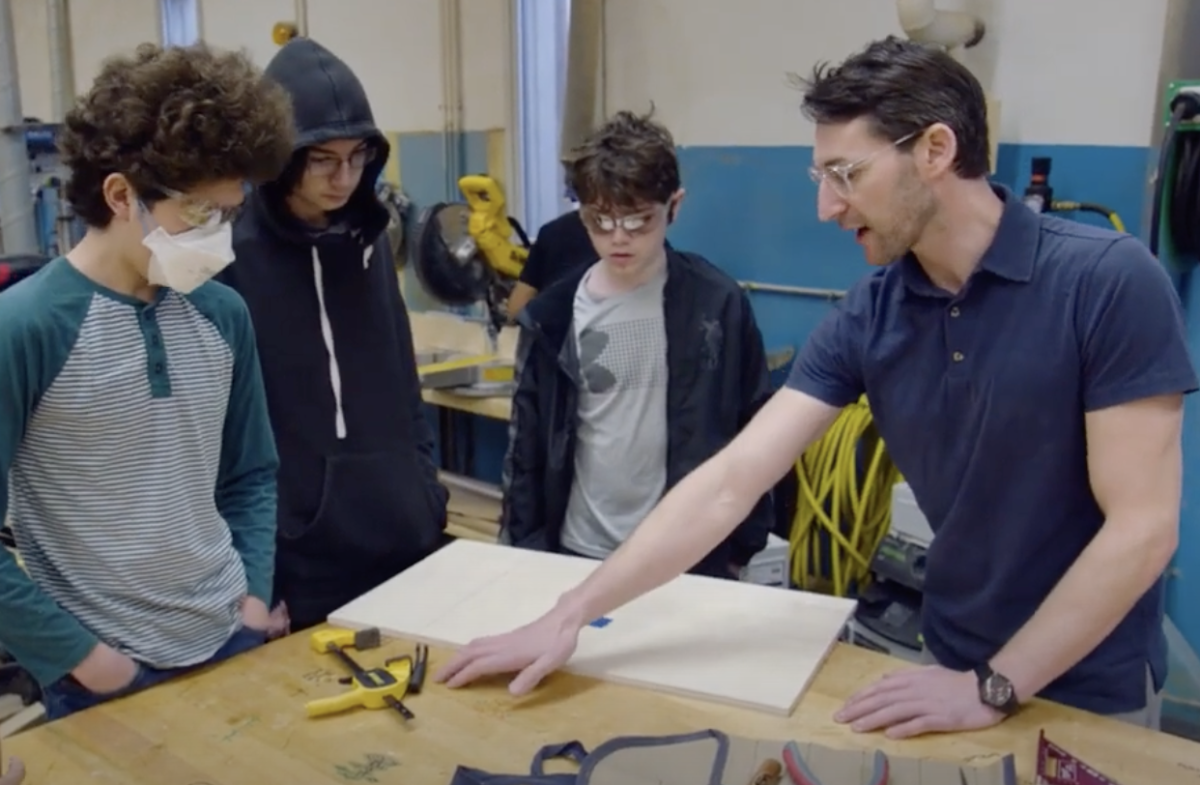Op-Ed: The Future of Environmental Policy

June 9, 2023
Greenhouse gas emissions have risen dramatically since the introduction of industrial human activity. This is a problem affecting our daily life, from sporadic rain on the West coast to winter in May on the East coast. Researchers at the University of Michigan found that “since 1750, atmospheric concentrations of CO2, CH4, and N2O increased by 149%, 262%, and 123%, respectively, to levels that are unprecedented in the past 800,000 years.” The release of these greenhouse gasses has a direct impact on climate change and the increasing temperature of our planet. This temperature change has led to increased natural disasters and shifts in possible production. In order to avoid irreparable damage from emissions, the government must step in. Researchers at the Intergovernmental Panel on Climate Change (IPCC) have found that “…human emissions of heat-trapping gasses have already warmed the climate by nearly 2 degrees Fahrenheit (1.1 degrees Celsius) since pre-Industrial times (starting in 1750).” It is clear that our human activities have already had an impact on climate change in relation to greenhouse gas emissions, but we are also allowing them to continue at an unsustainable rate. Policy provides a way for us to make mass change on the front of greenhouse gas emissions, and narrow in on what should and should not be acceptable within private industries. Policy options to combat these greenhouse gas emissions range from tax regulations to working with private industries directly. We must regulate how much each company can emit of specific greenhouse gasses by creating clear guidelines of how many parts per million (ppm) a company is allowed to emit of each harmful gas at a time. However, targeting primary producers while also allowing business to continue operation may not be the most feasible within Congress. Getting the American population to agree on regulations for companies we rely on will be a time-consuming challenge that we can not afford. Taxes are another way to financially discourage emissions. By creating a stepped tax system that targets company and potentially individual emissions, we could ensure emitters are held accountable for their role in the problem. Taxing large, private corporations could increase government revenue to combat negative environmental impacts of private emissions.
Additionally, these taxes could discourage companies from producing mass emissions. While similar taxes have been supported in the past, the impact of these taxes are challenging to predict. In review of past proposals, the Congressional Budget Office has “…estimated reductions in emissions stemming from the tax would still be uncertain, in part because they depend on responses to the tax that have uncertain outcomes, such as the development of new technologies.” We need to make changes that will impact our consumption and force corporations to support the shift towards environmentally friendly alternatives. The US should consider working directly with the private sector to deal with this issue. The primary greenhouse gas emission is carbon dioxide from fossil fuels. Transportation is the primary producer of emissions (28%) in the United States. Targeting the auto industry directly through green-initiatives and incentives would be the most effective policy option for the market economy. The government can focus on contracting out an increased production of green or net-zero vehicles and compensating companies that prioritize sales of green vehicles. By providing subsidies and tax incentives to car producers, the US would see an increase in the number of electric vehicles (EV) on the road and a lower cost to consumers for these environmentally friendly products. Incentivizing the auto industry is also already a widely supported concept with “…two-thirds of Americans support providing incentives to increase the use of electric and hybrid vehicles.” Americans are already on board with this shift which will make it much more feasible in Congress. This policy allows the government to start at the source of the environmental problems which truly is within consumption of high-emitting processes. Environmental policy will without doubt be a crucial part of our country’s future. By focusing policy on the consumer level we can work towards a greener world through our daily actions. Policy involving the contracting and incentivizing of EV’s is the best route for environmental policy at this stage. Working with the auto industry will increase jobs, innovative technology, and stimulate the economy. Additionally, this policy will directly limit the biggest culprit: transportation. Policies like this will attack the problem from the source; a much needed strategy for the future of our environment.




















































































